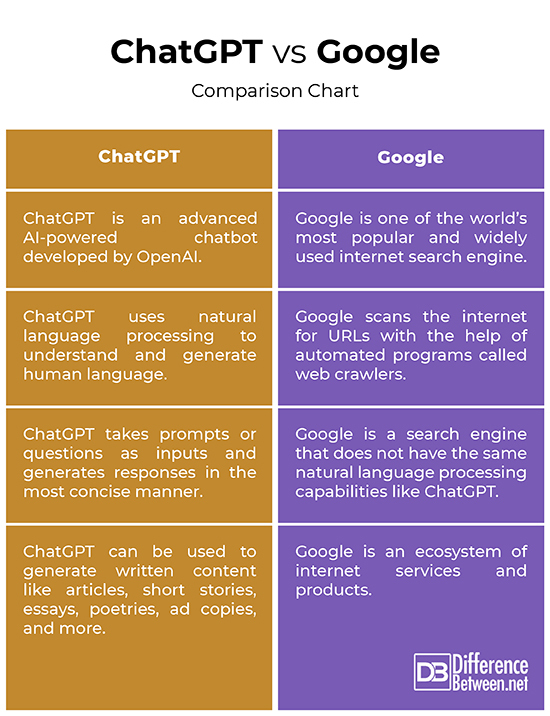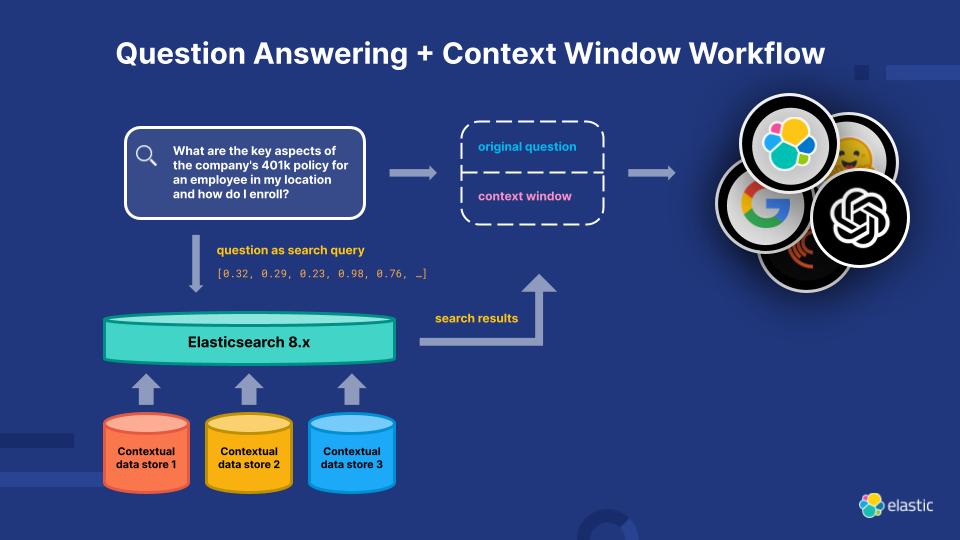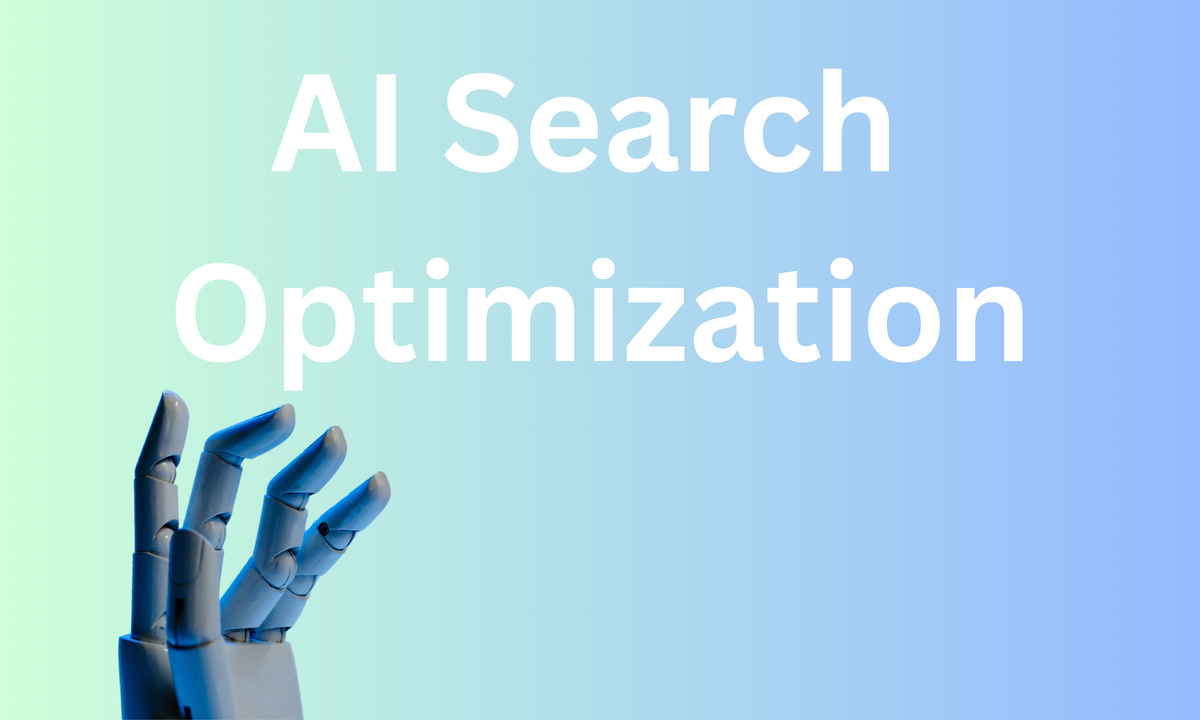ChatGPT Search: Does it deserve the fanfare?
After much anticipation, ChatGPT has finally entered the realm of search engines, introducing a fresh approach to how information is discovered online. The new ChatGPT search boasts of providing prompt, pertinent responses, real-time updates, visual aids like weather forecasts and stock prices, and references for further investigation.
This development marks a significant shift in the search landscape, positioning ChatGPT as a direct rival to established search engines such as Google. With its tailored, context-sensitive replies, ChatGPT search offers users an alternative to the conventional Search Engine Results Pages (SERPs), eliminating the need to sift through numerous links and advertisements.
The Unveiling of ChatGPT Search
ChatGPT search can be viewed as an enhanced version of GPT-4o, functioning similarly to the current publicly available model. The major upgrade with ChatGPT search is the introduction of instantaneous recommendations, which include informative citations and links to external sites, in line with the expectations set by major search engines like Google and Bing.
It appears that the search index for ChatGPT is built on Bing's search engine, hinting at a potential deeper collaboration between Microsoft and OpenAI. Ensuring proper indexing by both Bing and Google can significantly enhance the visibility of your content. Allowing OAI-SearchBot (the primary crawler for ChatGPT search) access to your site’s robots.txt file facilitates efficient crawling and indexing of your pages, instantly boosting your discoverability.
ChatGPT Search vs. Google: A Potential Disruption
ChatGPT search has the potential to disrupt Google’s established business model by offering users a unified platform for both information retrieval and decision-making. This integration could devalue Google's search-based advertisements, challenge its market dominance, and pose a substantial threat to the company, possibly one of the most significant challenges it has faced in years. 
In addition to matching the functionality of Google’s AI Overviews released earlier this year, ChatGPT search distinguishes itself by providing a more conversational and user-centric experience. As the interest in AI continues to grow, and the adoption of ChatGPT expands, a shift in user behavior akin to the impact of TikTok Search is anticipated.
Impact on Search Strategies and User Behavior
Marketers need to diversify their organic strategies to sustain performance, engage their target audience, and foster growth across various platforms. While ChatGPT search introduces a new conversational search experience, its fundamental operations remain akin to traditional search engines.
Both ChatGPT search and Google utilize large language models (LLMs) to interpret data and comprehend user intent. While Google has leveraged LLMs and natural language processing (NLP) through technologies like BERT and MUM for refining search outcomes, ChatGPT's conversational approach offers an interactive layer that could redefine the search landscape. 
The evolution of search is trending towards providing more contextual information, reducing the necessity for users to visit external websites. While this enhances the user experience, publishers must adapt to emerging platforms such as TikTok, Reddit, and YouTube to optimize content effectively and sustain organic traffic.
Adapting Search Strategies for the Future
ChatGPT search revolutionizes the search experience but is not a radical departure from Google’s existing search model. The emphasis on keyword targeting, producing high-quality content, and catering to user needs will remain crucial for relevance and ranking.
Marketers can continue to enhance content relevance by leveraging structured data and schema markup to optimize search responses. A robust Search Experience Optimization (SXO) strategy will be vital for brands to stay competitive in an evolving market.
The focus should remain on generating high-quality, authoritative content that is relevant to the topic and trustworthy. Building credible backlinks will further augment content authority and visibility. Optimizing for long-tail keywords can aid in capturing increased traffic, given the growing preference for detailed searches and comprehensive responses. 
While ChatGPT search may alter how individuals search for information, the fundamentals of a robust search strategy such as premium content, structured data, and long-tail keywords remain unchanged, ensuring brands stay competitive and relevant.










